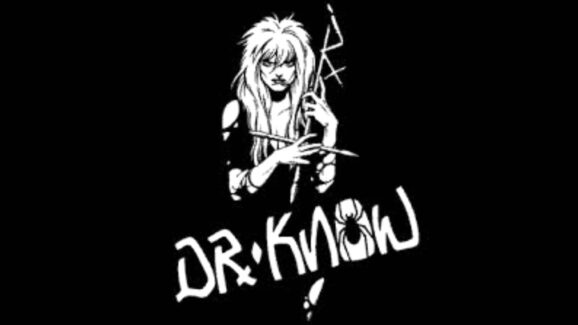As faithful readers of these pages know, this writer loves an intriguing back story, especially when the music measures up. Welcome to the story of Juni Ata, aka Jesse Daniel Edwards, and his debut Saudade. He was raised in a small mountain town in Southern California in a deeply religious home, with minimal exposure to secular music. Jesse didn’t even hear his first Dylan song until his early 20’s, but music was all around the house. He performed in a duo with his brother in clubs and busking, but that ended, followed by a stint in the Los Angeles area. In time, Edwards decided to relocate to Nashville, where John Prine’s late manager, Al Bunetta, took him under his wing and became a dear friend and mentor before his untimely passing in 2015. Shortly after that, he lost his mother, went through a devastating breakup and his drive for career as an artist dissipated. He went to work with a good friend in tour management, working with artists such as Morrissey and Lucinda Williams. Jesse kept writing, but only for himself with no intention of ever recording or releasing the music.
One night in 2018, that friend, Jake Roswog, coaxed him into a studio and convinced him to record one song, which turned into many. The friend had enlisted an array of musicians, including Steve Cropper, and recorded at the legendary RCA Studio C. The music was recorded in the all and winter of 2018 but sat on a shelf. Jump ahead a year or so later and COVID-19 happened. The touring industry stopped, and his friend thought that this was the time to make plans to finally release the music. Jesse was initially reluctant but was eventually convinced to take the chance. The result is 11 songs brimming with rich lyrics, bright and lilting melodies and arrangements that run the gamut from sparse to layered and lush. Surely the album reckons with heartbreak and loss but its lasting themes are resilience and courage, which we need right now to help us through this bleak pandemic.
Viewing the credits alone attests to the worthiness of this effort. Interestingly, before the recording began, Jesse (probably the easiest easy to reference his name for here on out) thought that he’d perform solo acoustically in the studio as that’s what he’s always done. However, Roswog who became the producer along with Cropper, had other ideas, developing a sort of acoustic version of Phil Spector’s “Wall of Sound.” This left Jesse to focus on the words and essence of the song while everything else revolved around that. The “everything else” includes such Nashville stalwarts as Doug Lancio (electric guitar), Michael Rinne (double bass), Micah Hulscher (organ), and Jim Hoke (horn arrangements) among many others. “No Reply,” for example has 17 musicians and singers in the credits with full string and horn sections. The ‘sparsest’ track, “All My Tomorrows” has six although Jesse does deliver “Hard Letting You Down Easy” alone at the piano. Notably, Steve Cropper plays on “I’ll Try Anything Twice.”
The album opens with “Philadelphia,” about moving on from a breakup and becomes a theme setter for what follows. “Fight Hard, Run Fast,’ follows, exploring the fight or flight instincts brought on by life-changing events. Much of the music, previously described as ‘bright,’ ‘layered,’ and ‘lush’; belies the lyrics like these from “Room With a View of a Room with a View” – “Can you miss what you never had? /funny how what feels like a broken heart feels more like a heart attack/I’m going home but not to you/ I’m going home to a room with a view/of a room with a view /an empty room with a view.” These three tracks mentioned are the clear highlights, the latter featuring vocal contributions from Matthew Ryan and Madi Diaz, has a ten-piece full orchestral backing that builds to a grand crescendo.
The music, although a throwback of sorts to the power and melodic pop of the late ’90s, sounds fresh and vital. You may reminisce about the prime period of Ron Sexsmith with “All My Tomorrows (Are Mondays)” while “Good Enough Ain’t Bad” may evoke the Gin Blossoms. Throughout, Jesse sings emotively about tough subjects and stories but never wallows in self-despair. His music will inevitably brighten the spirits of many and may even encourage other latent, rather secret songwriters to take the next step.









